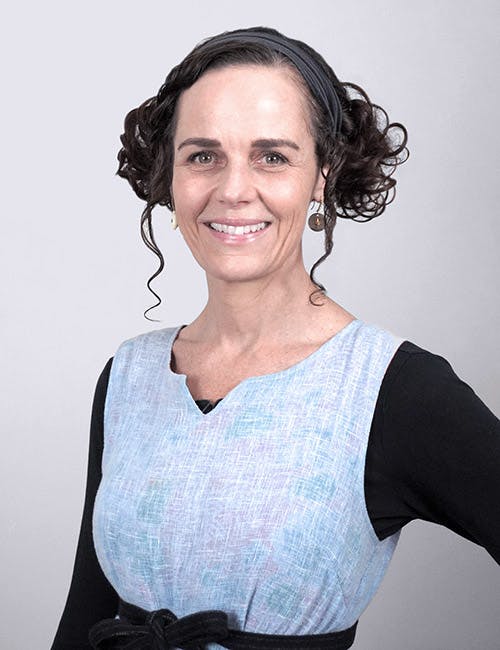Strategy13 Apr 2021
How and Afterburner can have a positive impact on your culture
We are always looking for ways to set up and maximise the success of every project we do. So we turned to the Royal Australian Air Force and adopted what they call the Afterburner, a deliberate debriefing process at the end of a project focused on changing and improving. We now use it to celebrate our successes, understand our failings and capture our learnings to help improve future projects.
The key to our debriefing process is we learn from our experience and each other. When our team thoroughly discusses each other’s experience and perspective we come to understand each other’s unique challenges and obstacles. Our discussions are rankless and blameless and always remain respectful. This in turn builds greater trust between us.
As Edgar Schein, a respected scholar on organisational culture, stated “culture is the result of a complex group learning process.” Debriefing is one such process that has helped us develop the kind of culture that is one of learning, openness, and honesty that flows to our daily behaviours.
As a learning tool, debriefing is essential. However, the positive impact it has on our culture is invaluable. The biggest one for me is it encourages a culture of being ok to fail - viewing it as valuable new knowledge, catalyst for new ways of working and ultimately being better because of it.
Want to try an afterburner with your team? Here is a quick guide on how we run ours.
At the start of the project we set an objective that is above/beyond delivering on budget and time. Then at the end of the project, same as the fighter pilots, we ask the 3Rs.
1. Result:
Did we achieve the objective we set for the project?
What is the gap between our current result and the planned objective?
2. Reason:
What is the reason for our success? or
What is the reason for the gap in our performance? What did we do/not do?
3. Response:
What should we do to repeat our success?
What will we do to reduce this gap?
What should be done differently next time?
We then create up to 3 very specific actions from our responses.
Key to our success is:
Every individual reviews their part in the project and provides feedback from their perspective.
There is no storytelling or blame - we stick to the facts and what we can do to improve.
We look for opportunities to revise assumptions and what to start/stop/continue doing.
Other Insights
What is Art Direction you ask? Here’s an analogy that will explain the role which Art Direction plays in the realm of advertising and communications (plus it will probably make you hungry at the same time).
Other Resources
We bring branded stories to life; in video, graphics, imagery and copy for advertising, social, digital and print.
Need a trusted strategic partner? We’d love to help you create belonging for your brand.
